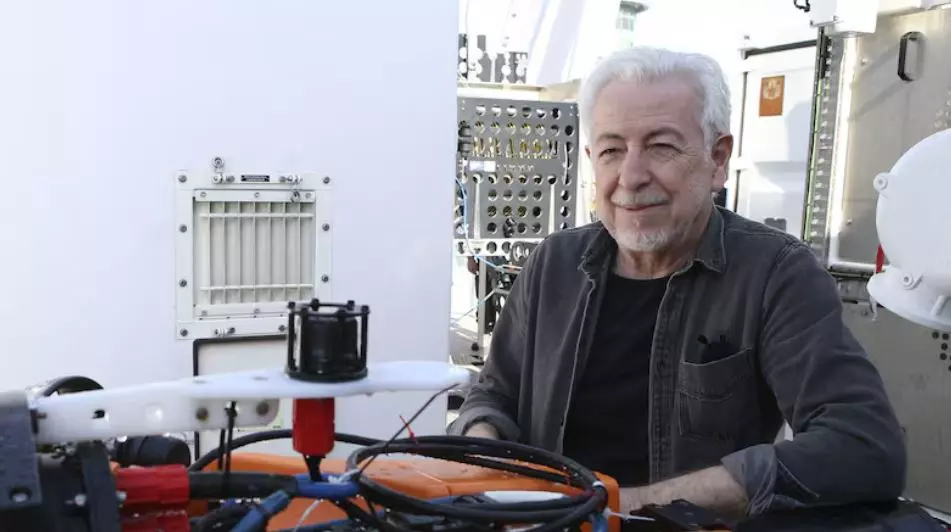
Syrian Professor Oussama Khatib honored with Great Arab Minds award
text_fieldsA Syrian academic, Prof. Oussama Khatib, has been honored with the Great Arab Minds award for his groundbreaking work in robotics and the development of the OceanOne deep-sea exploration robot.
In a social media announcement on Tuesday, Sheikh Mohammed bin Rashid, Vice President and Ruler of Dubai, praised Prof. Khatib's achievements as “groundbreaking”.
“From Syria, the land of civilisations, and from Aleppo, the city of history and science, we celebrate the brilliance of one of its sons,” Sheikh Mohammed stated.
“His career began at Al Mamun School in Aleppo and reached the international level, becoming an honourable model for the brilliance of Arab scientists. We congratulate Prof Oussama Khatib on his victory, and we congratulate Syria and the city of Aleppo for its pride … and we affirm that the Arabs are capable of regaining their scientific leadership …”
Prof. Khatib received the award in the engineering and technology category of Great Arab Minds 2024.
Established by Sheikh Mohammed in January 2023, the Great Arab Minds initiative aims to recognize the brightest talents in the Arab world and leverage their innovations. This year, the awards encompassed six categories: medicine, engineering and technology, economics, natural sciences, architecture and design and literature and arts. Each recipient is awarded Dh1 million ($272,200).
Sheikh Mohammed highlighted that Prof. Khatib has made “exceptional scientific contributions in the field of robotics engineering and science, has published more than 327 scientific papers, and has invented advanced robots capable of exploring the depths of the oceans and providing innovative solutions that serve humanity.”
Prof. Khatib is renowned for his “groundbreaking research and innovations in robotic systems, algorithms, and sensing technologies” which have “significantly advanced the field, enabling robots to operate effectively in diverse environments, including healthcare, industrial automation and deep-sea exploration”.
His creation, the OceanOne robot, is a humanoid robot that integrates “haptic feedback, stereo vision and bimanual manipulation to replicate human skills with unmatched precision” for exploring deep-sea environments.
With over 327 research studies, Prof. Khatib's work bridges theoretical innovation with practical applications, reshaping the global robotics landscape.
Sheikh Mohammed noted that thousands of nominations were submitted this year. The award seeks to “celebrate scientists, thinkers and innovators every year”. Nominations are rigorously assessed based on criteria such as achievements, proven results, certifications, patents, publications, books, research, and projects. The judging panels comprise ministers, officials, experts, and specialists from around the world.























